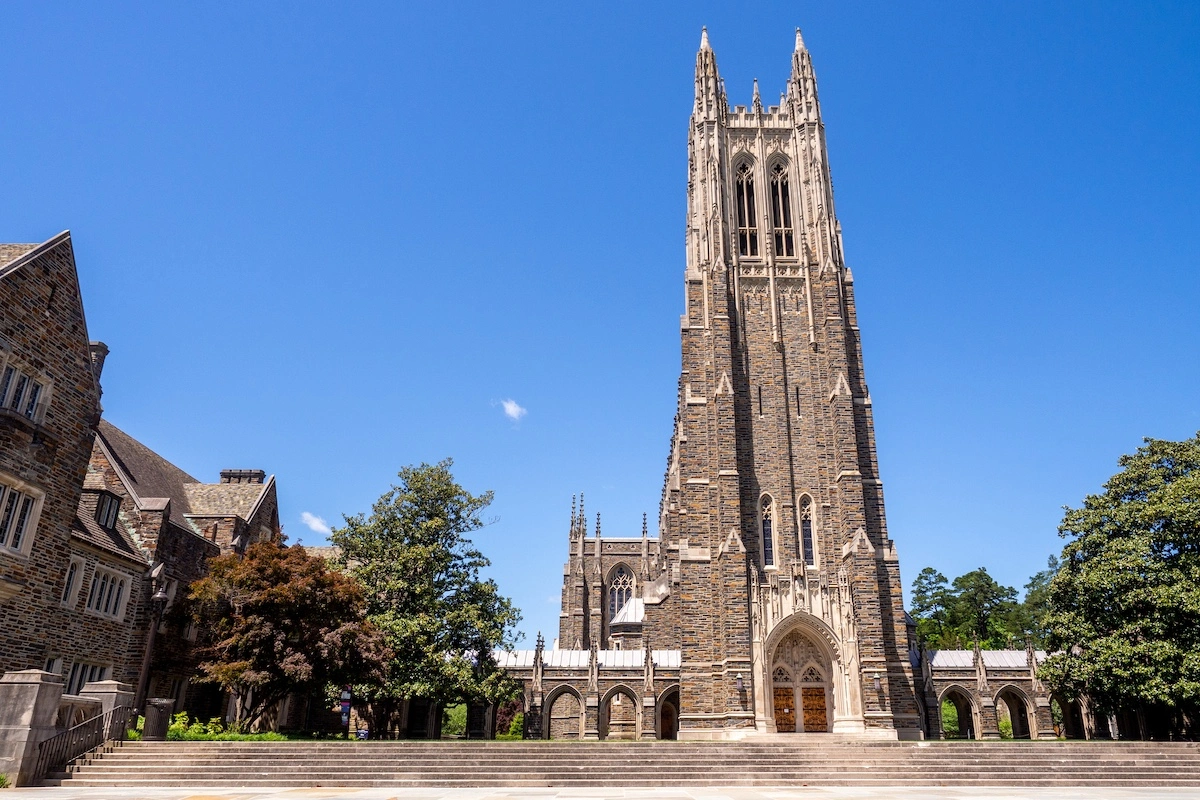SZA’s Struggle: Breast Implant Removal & Fibrosis Concerns

Introduction
In a most recent interview released on the SHE MD podcast, SZA openly discussed why she had her breast implants removed. The 34-year-old “Snooze” singer revealed that her mother had been diagnosed with breast cancer years ago, and her aunt also underwent a mastectomy. Her doctor informed her that her family medical history dramatically increased her probability of having the disease, which influenced her choice to reverse the treatment.
SZA also stated that when she initially had the implants, she discovered she had “so much” fibrosis, a thickening of connective tissue that can form in the breasts, which her doctor removed during the procedure. She later had the implants removed because she “didn’t feel comfortable, and it was terrible,” stating that “I acquired too much scar tissue because my breasts are too dense, and I’m not allowed to have breast implants. And I ended up with additional fibrosis.
What is Fibrosis? How it relates to implants
You can develop this thickened or scarred tissue in a variety of regions. According to the American Cancer Society (ACS), it’s essentially the same material that makes up your ligaments (the tissues that hold your bones together) and scars, so places with it may feel hard or rubbery.
Fibrosis can develop after an injury, such as major surgery, or when your immune system reacts to a foreign body, such as a breast implant. In fact, in most patients with breast implants, the body’s protective cells develop a “fibrotic capsule” around them. In some people, the immune system responds forcefully, and if the capsule thickens enough, it can be rather painful.
SZA did not provide a specific diagnosis, but the pain she described could have been due to a capsular contracture, which occurs when the capsule tightens and becomes extremely hard, according to Amy Bremner, MD, the medical director of breast surgical oncology at Memorial Care Saddleback Medical Center in Laguna Hills, California. “That can be painful and it can lead to patients wanting their implants removed or revised,” she said.
SZA did not provide a specific diagnosis, but the pain she described could have been due to a capsular contracture, which occurs when the capsule tightens and becomes extremely hard, according to Amy Bremner, MD, the medical director of breast surgical oncology at Memorial Care Saddleback Medical Center in Laguna Hills, California. “That can be painful and it can lead to patients wanting their implants removed or revised,” she said.
Is fibrosis related to breast cancer?
According to the American Cancer Society, having fibrosis at baseline does not raise your risk of developing breast cancer. Simply defined, fibrosis is a symptom of inflammation in the body—but persistent inflammation, not fibrosis, may lead to an environment associated with cancer risk, according to Dr. Bleicher.
SZA also stated that she had thick breasts (which means she has more of certain types of tissue in her boobs than others), which is connected with a substantially higher risk of breast cancer, in part because this density can make it difficult to detect alarming changes on a mammography.
Body Positivity After Breast Implant Removal
SZA said that her breast implants “ended up hurting me”—but after getting them removed, she’s much feeling better: “I took them out, and now, they’re just my boobs.”


